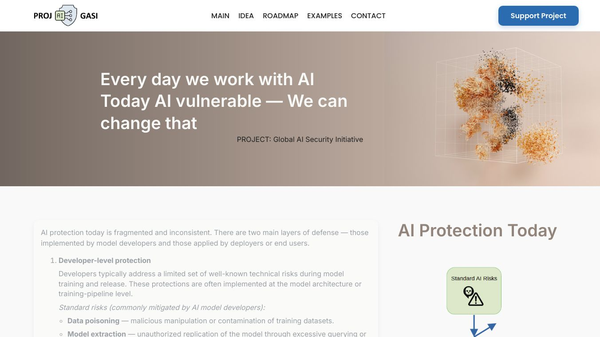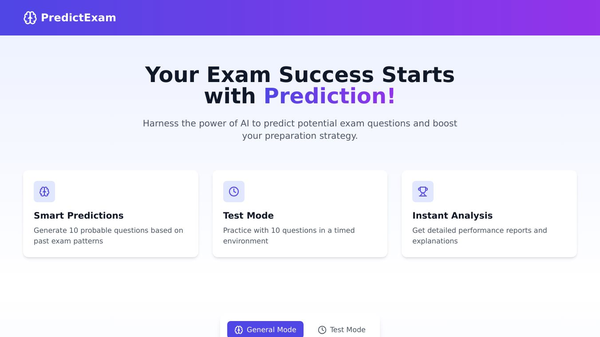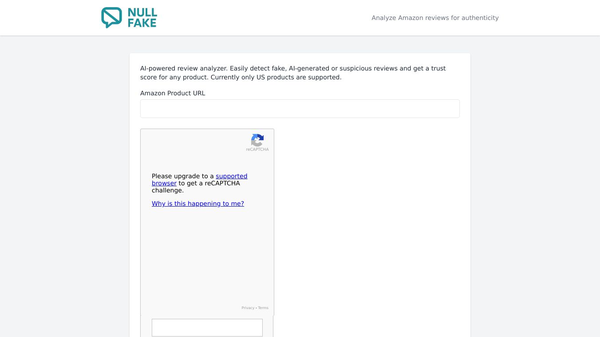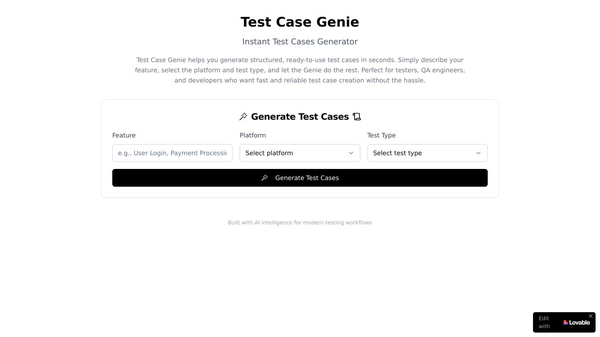Kali Phoenix

Kali Phoenix is a powerful, Debian-based Linux distribution designed specifically for penetration testing and cybersecurity tasks. It is packed with hundreds of tools for computer forensics, reverse engineering, and vulnerability detection. Kali Phoenix is not intended for casual users but is a go-to choice for ethical hackers, penetration testers, and cybersecurity professionals who need to simulate network attacks to find and fix vulnerabilities before malicious actors can exploit them.
Kali Phoenix is developed by Offsec and is known for its stability, security, and extensive range of pre-installed tools. These tools are organized into categories such as information gathering, vulnerability analysis, wireless attacks, password cracking, and social engineering. This makes Kali Phoenix a comprehensive solution for all aspects of penetration testing. The distribution benefits from a vast repository of software and a familiar package management system, making it easier to navigate for those familiar with other Debian-based distributions like Ubuntu.
Benefits
Kali Phoenix offers several key advantages for cybersecurity professionals:
Comprehensive Toolkit: Kali Phoenix comes with a wide range of pre-installed tools for various cybersecurity tasks, including Nmap for network scanning, Metasploit for exploiting vulnerabilities, and Wireshark for network traffic analysis.
Stability and Security: Built on Debian, Kali Phoenix is known for its stability and security, providing a reliable platform for cybersecurity operations.
Custom Kernel: Kali Phoenix includes a custom kernel optimized for packet injection, which is crucial for Wi-Fi security testing.
Open-Source: As an open-source platform, Kali Phoenix allows users to tweak and customize every piece of software, ensuring flexibility and continuous improvement.
Community Support: Kali Phoenix benefits from a strong community of users and developers, providing ample resources and support for those who need it.
Use Cases
Kali Phoenix is primarily used by ethical hackers, penetration testers, and cybersecurity professionals. Its tools are designed to simulate network attacks, identify vulnerabilities, and conduct forensic analysis. Some common use cases include:
Network Security Testing: Kali Phoenix can be used to scan networks for open ports, identify vulnerabilities, and test the effectiveness of security measures.
Vulnerability Assessment: The tools in Kali Phoenix allow users to assess the security of systems and applications, helping organizations to identify and fix potential security flaws.
Forensic Analysis: Kali Phoenix includes tools for computer forensics, enabling users to investigate security incidents and gather evidence.
Wireless Security Testing: With its custom kernel and a range of wireless security tools, Kali Phoenix is ideal for testing the security of Wi-Fi networks.
Additional Information
Kali Phoenix is not designed for everyday tasks such as web browsing, document editing, or media consumption. It is a specialized tool for cybersecurity professionals and requires a solid understanding of Linux and cybersecurity concepts to use effectively. For those new to Linux, it is recommended to start with more user-friendly distributions like Ubuntu or Linux Mint before exploring Kali Phoenix. Additionally, Kali Phoenix can be run on a virtual machine using solutions like VirtualBox or VMware, allowing users to experiment in a controlled environment without affecting their main operating system.
This content is either user submitted or generated using AI technology (including, but not limited to, Google Gemini API, Llama, Grok, and Mistral), based on automated research and analysis of public data sources from search engines like DuckDuckGo, Google Search, and SearXNG, and directly from the tool's own website and with minimal to no human editing/review. THEJO AI is not affiliated with or endorsed by the AI tools or services mentioned. This is provided for informational and reference purposes only, is not an endorsement or official advice, and may contain inaccuracies or biases. Please verify details with original sources.






Comments
Please log in to post a comment.